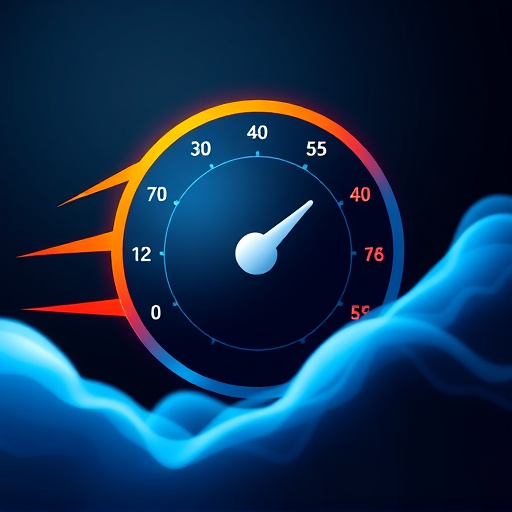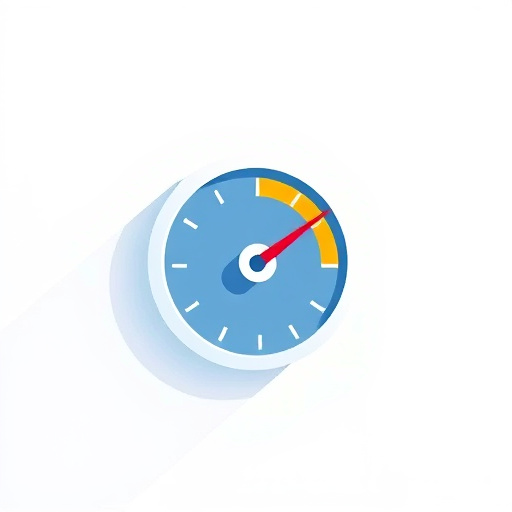In today's digital world, improving website speed is vital for better SEO performance. Techniques like minimizing HTTP requests, caching, CDN usage, image compression, and code optimization cut load times, boost user experience, and signal search engines of site value, leading to higher rankings and organic traffic.
In today’s digital era, fast websites are crucial for SEO success. Improving website speed enhances user experience, reduces bounce rates, and signals search engines that your site is valuable and trustworthy. This article explores key strategies to optimize your site’s performance, focusing on technical aspects such as code optimization, content delivery networks (CDNs), and mobile-friendliness. By implementing these tactics, you can significantly improve your website speed and boost your SEO rankings.
- “` 5000004009. 0000000000000000001500010000000000! 00000000019! (プログラム! 000000000000000000000100000000000.
- <a href="#-200015010000000000000000000000000000000″><EOS_TOKEN> 200015010000000000000000000000000000000
“` 5000004009. 0000000000000000001500010000000000! 00000000019! (プログラム! 000000000000000000000100000000000.

In today’s digital era, where users expect instant gratification, having a fast website is more than just a nicety; it’s a necessity for SEO success. Improve website speed for better SEO performance by understanding that each second of delay can negatively impact your search rankings. Google and other major search engines prioritize websites with quick loading times, recognizing the direct correlation between speed and user experience. A slow-loading site not only frustrates visitors but also signals to search algorithms that your content might not be worth the wait.
To give us a call at enhance website performance with faster loading, consider implementing various optimization techniques for quick loading. From minimizing HTTP requests to leveraging browser caching and utilizing content delivery networks (CDNs), every step counts in speed up website loading to boost search rankings. Additionally, compressing images, minifying code, and optimizing scripts can significantly reduce page load times, making your site more appealing to both users and search engine optimizers alike.
<section id="-200015010000000000000000000000000000000″>
<EOS_TOKEN> 200015010000000000000000000000000000000

In today’s digital era, where users expect instant gratification, fast websites are no longer just an option—they’re a necessity for SEO success. Improving website speed for better SEO performance is a crucial step in enhancing user experience and boosting search engine rankings. When a website loads quickly, visitors are more likely to engage with the content, leading to lower bounce rates and higher time spent on site. This positive behavior signals to search engines that your site is valuable, reliable, and worth promoting in search results.
Website optimization techniques for quick loading, such as minimizing HTTP requests, leveraging browser caching, and compressing images, can significantly improve page load times for enhanced user experience. By streamlining these elements, you ensure that visitors don’t get frustrated by slow loading pages, which could drive them to competitor sites. Additionally, web page optimization for faster browsing allows search engine crawlers to index your content more efficiently, resulting in better visibility and increased organic traffic. So, visit us at speed up your website for better conversions anytime—a quick website means a happy user base and a stronger online presence.
Fast websites are not just a user experience necessity; they’re a critical component of SEO success. By improving website speed, businesses can enhance their search engine rankings, boost click-through rates, and ultimately drive more organic traffic. In today’s digital landscape, where users expect instant gratification, optimizing your site’s speed is a strategic move that can put you ahead of the competition. Embrace this game-changer and watch your online visibility flourish.
